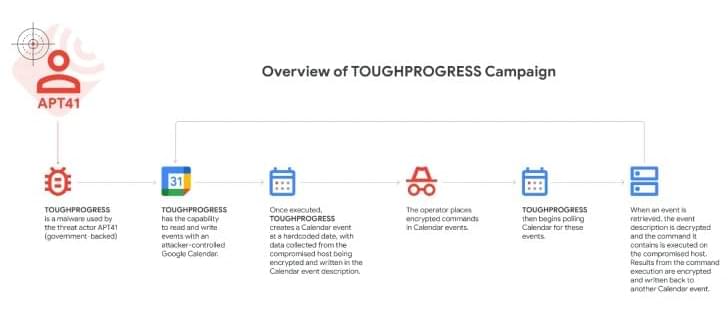Cybersecurity researchers have taken the wraps off an unusual cyber attack that leveraged malware with corrupted DOS and PE headers, according to new findings from Fortinet.
The DOS (Disk Operating System) and PE (Portable Executable) headers are essential parts of a Windows PE file, providing information about the executable.
While the DOS header makes the executable file backward compatible with MS-DOS and allows it to be recognized as a valid executable by the operating system, the PE header contains the metadata and information necessary for Windows to load and execute the program.









